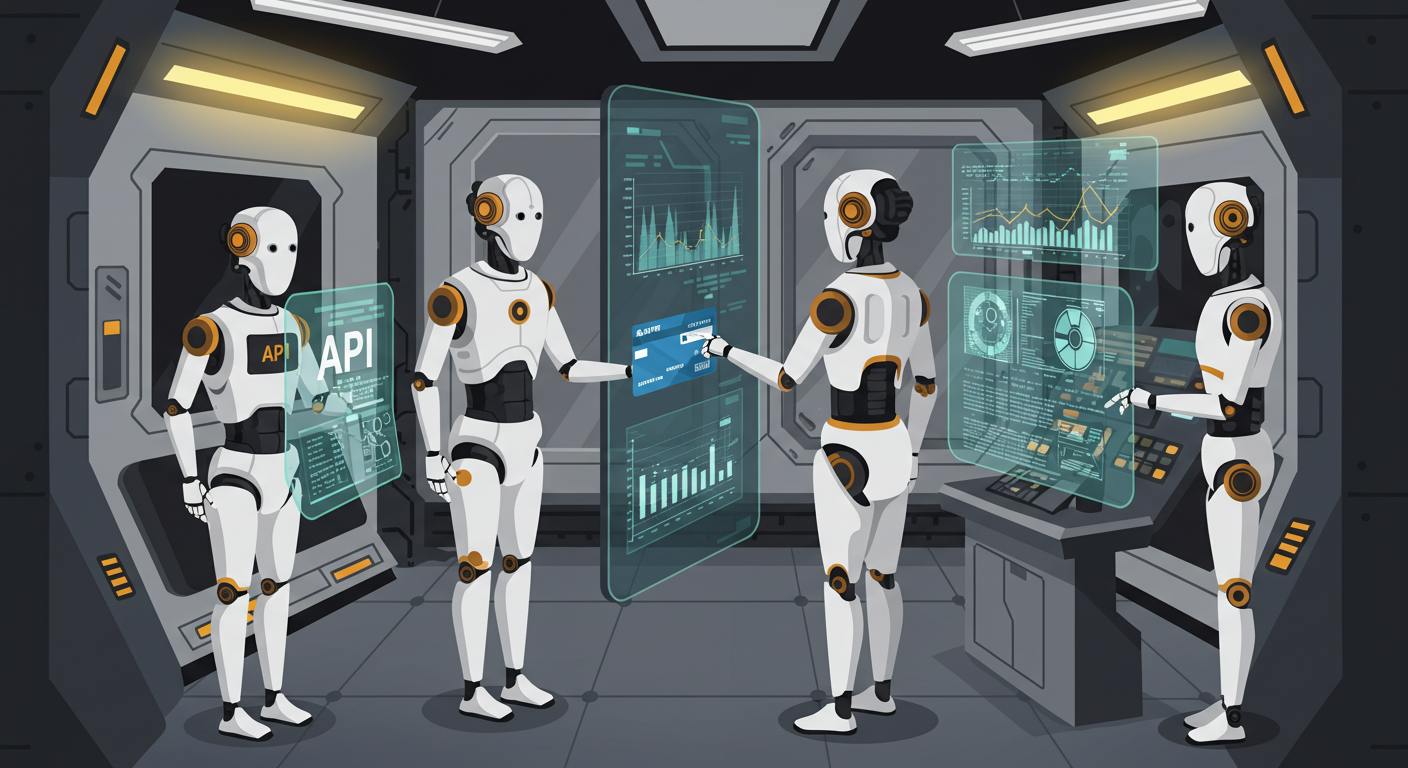
Accessing Generative AI APIs at ASU
1. Academic Research
ASU has an enterprise OpenAI platform account for academic use.
If you are conducting research as part of ASU faculty, staff, or a sponsored student project:
- Contact: Gil Speyer (Knowledge Enterprise)
- Email: [email protected]
- Details: Gil manages an intake process for issuing API keys to researchers using OpenAI under ASU’s enterprise license.
2. Enterprise Development (University-Supported Units)
If you’re part of a development team supporting official ASU initiatives (e.g., EdPlus, Learning Enterprise, academic platforms):
- Contact: Roger Kohler, AI Acceleration team
- Email: [email protected]
- Request Form: CreateAI Access Request Form
- Access: CreateAI APIs give you access to over 50+ models, including OpenAI, Anthropic, Mistral, Cohere, and more with enterprise-grade security controls aligned with ASU data governance.
- Click API Access For Generative AI at ASU for more details on the CreateAI API Access and Usage Policy
3. Individual Development (Non-Research, Not Official ASU Project)
If your project is more exploratory or doesn’t fall under research or enterprise dev:
- Option 1: Work with your unit’s IT and procurement team to purchase direct API access from OpenAI or another vendor.
- Option 2: Explore AWS Bedrock, which provides access to multiple foundation models (e.g., Anthropic, Cohere).
Option 3: Use Microsoft Azure with OpenAI credits, if already available through your unit
🔐 Note: These options will not fall under ASU’s enterprise contract. You will be required to complete a VITRA security review to ensure proper data protections are in place.
Summary Table
| Use Case | Contact | Access Type |
|---|---|---|
Academic Research | Gil Speyer ([email protected]) | OpenAI API via ASU research license |
Enterprise Dev (EdPlus, Learning Enterprise, etc.) | Roger Kohler ([email protected]) | CreateAI APIs (50+ models) |
Individual / Prototyping | Your IT/Procurement Team | Direct OpenAI, AWS Bedrock, Azure APIs (requires VITRA) |
Summary
If you're using the API for academic research, contact Gil Speyer ([email protected]) with Knowledge Enterprise.
For enterprise development, reach out to the AI Acceleration team via Roger Kohler ([email protected]) or submit this form.
For individual exploration, you can work with your unit to procure access from OpenAI, AWS Bedrock, or Azure (security review required).
Keep Reading
Google Drive Integration Feature in CreateAI Builder
What is the Google Drive integration feature on CreateAI Builder?
Is There a Cost to Using CreateAI?
Understanding Usage, Cost, and What It Means for You.
What to Do When You Hit a TPM Limit
Learn about the new token limit updates in CreateAI Builder that allow rate limit request increases.
Accessing Generative AI APIs at ASU
As interest in building with generative AI grows, ASU offers several pathways for API access depending on whether you're doing academic research, enterprise development, or individual experimentation.
Below is a breakdown of approved API access options, along with who to contact and what to expect.



